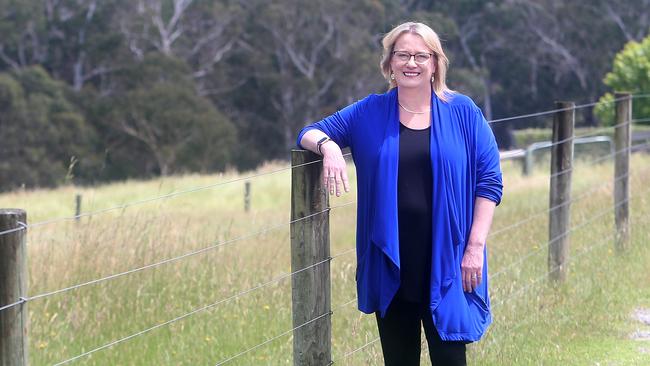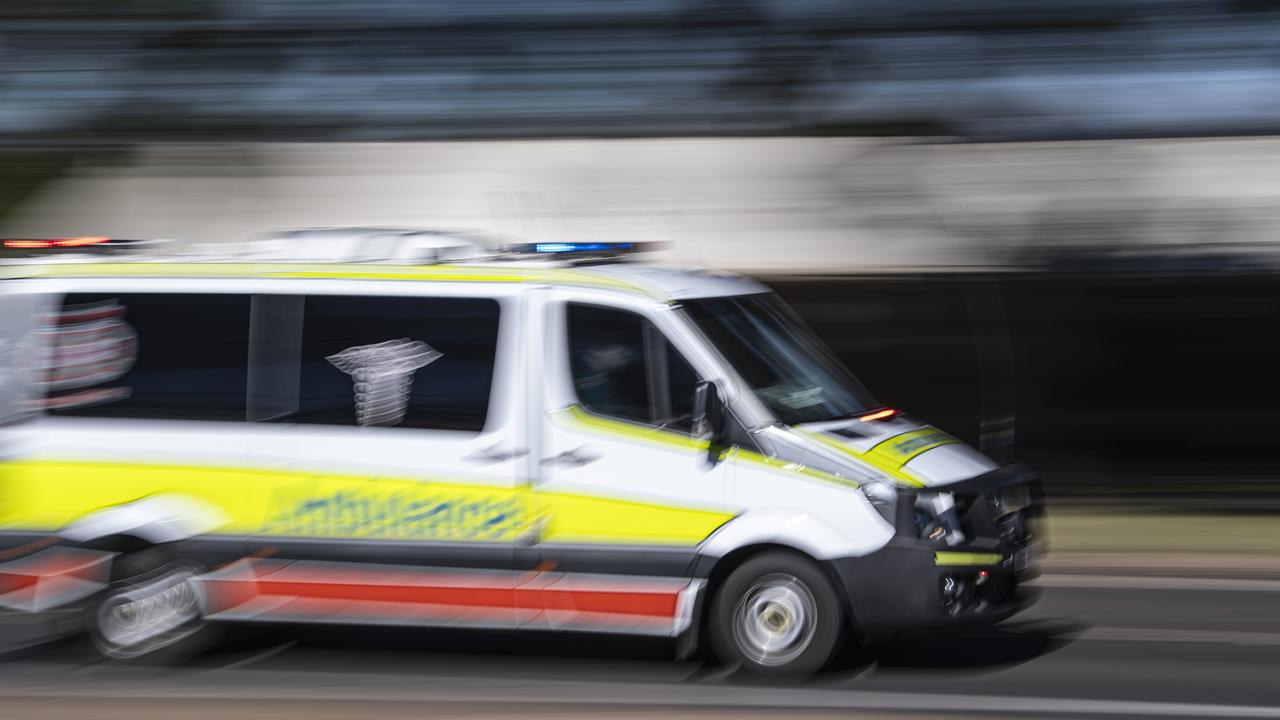Radical reform: Victoria’s draft Animal Care and Protection Bill released
Farmers could face fines and jail time if they fail minimum care requirements, under the Victorian Government’s proposed animal welfare bill.

Victorian farmers face having to comply with legally binding minimum care requirements for their animals for the first time, under a radical new Animal Care and Protection Bill.
The care requirements include, but are not limited to, ensuring animals enjoy “appropriate” exercise, ambient temperatures, noise levels, lighting, air quality, shade and shelter, food and water, as well as rest areas, space to stand, lie, stretch and change position.
The draft Bill also demands animals have “opportunities for appropriate interactions with humans, other animals and the animal’s physical environment, including ensuring that interactions are conducted in a manner that minimises anxiety, fear, pain or distress for the animal”.
Such clauses reinforce one of the founding principles of the new bill: to recognise animal sentience for the first time – the capacity to feel fear, stress and other emotions.
Failure to meet an appropriate care requirement puts animal owners at risk of paying a $24,000 fine, six months imprisonment or both.
The big question for farmers, is: Who determines what is “appropriate”?
Even mounting a defence is problematic, given the owner must prove they “took all reasonable steps to provide the care requirement for the animal”.
Guidelines issued by the Allan Government on Friday state the care and cruelty offences use words like “reasonable”, “unreasonable” and “appropriate”, as they are “widely used in principles-based legislation and their meanings have been established by courts and tribunals”.
But Victorian Farmers Federation vice-president Danyel Cucinotta said such subjective terms exposed farmers to potential legal action by animal welfare groups.
“The government has moved from animal welfare based on science to one based on politics,” Ms Cucinotta said.
Animals Australia recently bypassed Victoria’s meat industry regulator Primesafe to take legal action against Benalla abattoir CA Sinclair, on the basis its gas stunning of pigs breached the Australian standard for handling livestock.
Court documents show Animals Australia is arguing Benalla’s CA Sinclair abattoir’s use of carbon dioxide gassing system “causes pigs unnecessary injury, pain and suffering and is accordingly unlawful”, as it breaches the Australian standard for handling pigs.
Agriculture Minister Ros Spence said Victoria’s new laws would “strengthen our ability to protect animals from cruelty, while supporting our valuable animal industries to continue operating responsibly and productively”.
“We have listened to industry as part of developing these updated regulations and look forward to continuing the consultation to ensure our Bill best reflects the expectations of Victorians,” she said.
RSPCA chief executive Liz Walker said “this draft new legislation has the potential to bring the most significant animal welfare progress Victoria has seen in decades”.
“It’s fantastic to see this draft and in particular some of the proposed key changes RSPCA Victoria has been advocating for over many years,” she said.
“The current Act is more than 30 years old and has fallen out of step with more recent scientific understanding of good welfare as well as community expectations that have also evolved significantly over this time.
“With this new Act, the future of animal welfare in this state looks promising.”
The timing of the draft Bill’s release, just 10 days out from Christmas, has come under fire from farmers.
But Ms Spence has given the public until March 8 to lodge submissions on the Bill, prior to it going before Parliament.
The move follows The Weekly Times raising concerns the Victorian Government had locked farmers, hunters and fishers out of consultations on drafting what are the most radical animal welfare reforms in 37 years.
Even if the bill is passed in the new year, the government has stated it would not come into force for at least two years to allow “time to develop supporting regulations that will detail requirements for specific species and activities involving animals”.
Even so, Ms Cucinotta said it still felt like the government “was taking out the trash out” on a Friday afternoon.
She said it was annoying, given the bill is of “such importance to so many farmers”.
The draft Bill also expands the enforcement powers for authorised officers, including the RSPCA, to conduct investigations and assist animals.




